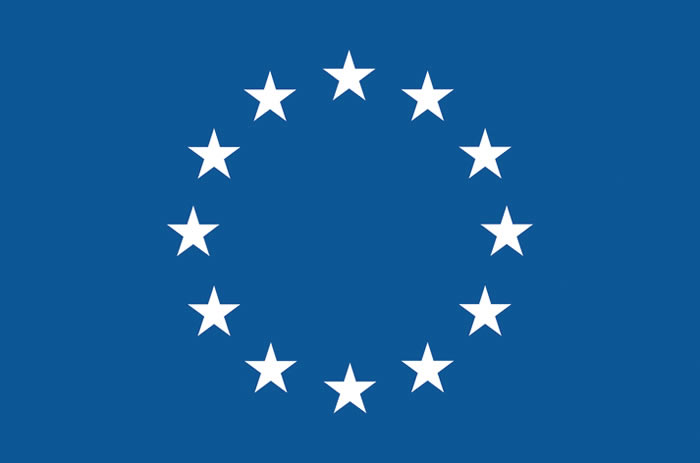Vauzeilles, Boris

Boris Vauzeilles obtained a PhD at the Ecole Normale Supérieure in Paris, under the supervision of Prof. Pierre Sinaÿ. He then moved to MIT for a post-doctoral stay with Prof. Julius Rebek, Jr, and followed the group to the Skaggs Institute for Chemical Biology, at the Scripps Research Institute in La Jolla. Back to France he joined CNRS as a researcher in 1998 in the Institut de Chimie Moléculaire et des Matériaux d’Orsay (Université Paris-Sud). In 2012 he created a new team at the Institut de Chimie des Substances Naturelles (ICSN) in Gif-sur-Yvette, where he initiated the Department of Chemical Biology in 2015. He is now the director of ICSN. He is also the co-founder of a startup company. His research interests focus on the application of synthetic chemistry to the development of molecular tools to probe biological processes.
Abstract:
Detecting pathogens and Reactive Oxygen Species using Chemical Biology
Topic:
The application of synthetic tools to explore biological processes, as well as the use of biological systems as a source of inspiration for the design of molecular devices, are the main focus of our research.
This lecture will present a selection of some of our work in this area, which includes the development of a new labeling strategy for the detection and identification of living bacteria, including Legionella pneumophila, a serious pathogen responsible for Legionnaires’ disease, as well as the design and evaluation of new, fast-reactive hydrogen peroxide-sensitive triggers for the elaboration of probes for the detection of reactive oxygen species.
Back to speaker overview Back to Oral- and Flash presentations overview



